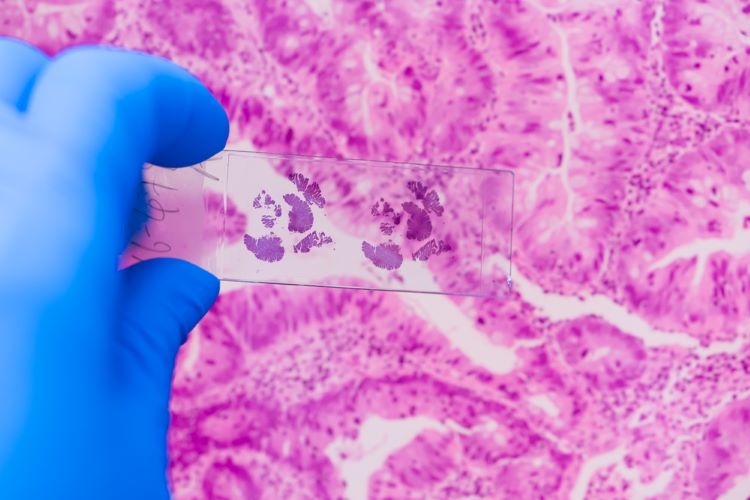Early promise for novel breast cancer immunotherapy
Posted: 6 December 2024 | Catherine Eckford (European Pharmaceutical Review) | No comments yet
With potential “groundbreaking” results, the immunotherapy could alter the need for breast cancer patients to undertake chemotherapy, trial investigators suggest.


An innovative cell-based immunotherapy leveraging dendritic cells has shown promise in a Phase I clinical trial for breast cancer.
Twelve patients in the US with locally advanced stage I-III ERBB2 (HER2) breast cancer were enrolled in the study.
One of the aims of the study was to reduce the need to treat patients with traditional chemotherapy. “We are hopeful that we will be able to use this new immunotherapy instead of chemotherapy, or at least dramatically reduce the need for chemotherapy, for all types of breast cancer,” stated Dr Brian Czerniecki, PhD, Chair and senior member in the Moffitt Cancer Center’s Department of Breast Oncology.
Producing the cancer immunotherapy
“We are hopeful that we will be able to use this new immunotherapy instead of chemotherapy, or at least dramatically reduce the need for chemotherapy, for all types of breast cancer”
To develop the treatment, some of a patients’ dendritic cells were removed, reprogrammed to have anti-cancer activity, then injected into breast tumours.
By triggering “a powerful, organised immune system attack on the cancer”, tumours were found to shrink by a “significant” degree prior to administration of standard chemotherapy.
In the trial, nine patients had hormone receptor–positive disease and three had hormone receptor–negative disease, Han et al. stated in their paper.
The investigators assessed the effect of two dose levels of conventional type 1 dendritic cells, with six patients given each dose level.
Results showed that eight out of the 12 patients experienced a reduction in tumour volume of at least half following six weeks of immunotherapy. Minimal side effects were reported in patients.
Han et al. shared in their paper that breast MRI scans pre- and post-immunotherapy treatment showed:
• Nine objective responses
• Six partial responses
• Three complete responses
• Three stable diseases
• Post surgery, seven patients experienced a pathologic complete response.
Advancing the clinical trial
A bigger Phase II trial is ongoing to study the effect of higher doses of the immunotherapy in patients, according to the researchers.
The paper was published in JAMA Oncology.
Related topics
Anti-Cancer Therapeutics, Chemotherapy, Clinical Development, Clinical Trials, Data Analysis, Drug Development, Drug Safety, Immunotherapy, Industry Insight, Research & Development (R&D), Therapeutics









